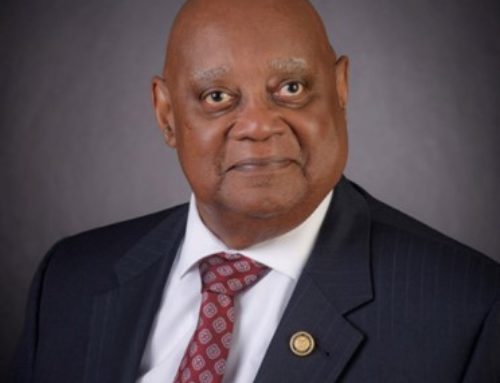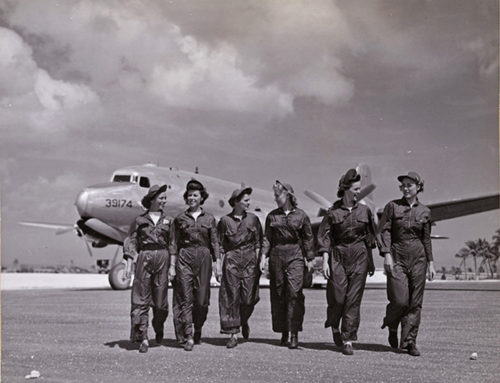Last week, “Tidbits” featured an article by LCDR Glenn Smith, USN (Ret.), entitled “One Man, Six Commands at Sea: Captain Frederick Colby Lucas, Jr.” Lucas learned early in his career that life beneath the waves was not for him, yet the exigencies of World War II kept returning him to boats as commanding officer. On 11 November 1943, in the midst of an engagement aboard USS BILLFISH (SS-286), Lucas froze. His engineering officer, LT Charles Rush, took charge, although his actions would not come to light for several decades. In an interview given to the Naval Institute’s Proceedings in 2002, Rush, who would go on to a long and successful naval career, describes how he came to be aboard BILLFISH and what happened on that fateful autumn day. Today’s installment is part five of five.
PROCEEDINGS: How were you nominated for this Navy Cross?
CAPTAIN CHARLES RUSH: I really didn’t say anything about this to anyone for 57 or 58 years. I have a classmate by the name of Jack Bennett who cannot travel. He lives alone in Solana Beach, California, and I went to see him. We had a couple of beers and some Mexican food one night and began telling sea stories. When I mentioned this, he said he’d never heard of such a thing. So I said, “Look, I’ve got to go tomorrow, but why don’t you call Chief Electrician’s Mate Rendernick, who lives not far from here, and talk to him.”
So he did. I guess they had maybe three or four sessions together. Jack called me and sent me e-mails saying, “Remember, I was in the cruiser SAN FRANCISCO (CA-38) when two battleships bracketed her off the Solomons and just ruined her. I saw heroic acts and got a Navy Cross myself during this action. I also wrote citations for the Navy Cross and the Medal of Honor.” Then he said, “Charlie, I think you deserve a Medal of Honor. But after 58 years, I think we’d be unwise to go that route. I’m going to turn in a citation for you for a Navy Cross.” And he did.
The immediate reaction from the OpNav [Office of the Chief of Naval Operations] assistant was to send back a message saying that the rules require that the person being awarded must have been witnessed by a senior officer at the time of the action. So I told Jack to withdraw it. I had written the citation for Chief Rendernick and said that I’d be the senior officer who witnessed his action and we’d just put it in for Rendernick.
An active-duty naval aviator in OpNav, Jeffrey Campbell, had seen this whole thing go through. He had a statement signed by Rendernick, and one from the Chief Of The boat, Carpenter, and another one from Odom, the engineman—three chief petty officers. I’ve never met this naval aviator, but he said he was going to retire in a couple of months and he wanted to get something done right before he left. So he reinstated my citation, even though it broke the rules.
PROCEEDINGS: Why had Captain Lucas not recommended you for an award?
RUSH: Lucas did everything possible to go out with a good reputation. He falsified his patrol report; none of this got into it. I’m sure he analyzed it and said to himself, “If I recommend Charlie Rush for this, the word will get out on me.” He didn’t tell the admiral or anyone else senior about it. The admiral [Rear Admiral Ralph Christie] actually encouraged him to stay and go back out on patrol. From what I heard, Lucas said, “Admiral, you don’t understand. I just can’t command a submarine. But I’d like to go to surface ships.” So he did. There was never any bad blood between us. I felt sympathy for his having been thrust into a position he really wasn’t capable of handling. I certainly didn’t dislike him.
PROCEEDINGS: What sense of satisfaction do you feel that this injustice finally has been corrected after all these years?
RUSH: I do have a sense of satisfaction. But it’s really never gnawed at me. I found it inexcusable that they would put officers—not just one, but several—in command of submarines when they were not qualified for the job. That was understandable at the beginning of the war, but after two years, there were many battle-tested officers who should have commanded submarines. That bothered me the most. Men’s lives were at stake.





